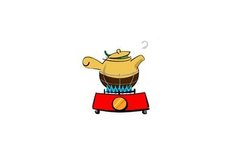Follow us!One
Traditional Chinese Medicine (TCM) decoctions are commonly used forms of treatment in clinical practice. With summer approaching, many people choose TCM decoctions to internally adjust their bodies to achieve a balance of Yin and Yang. Today, let’s learn how to properly take TCM decoctions to better exert their therapeutic effects.
 Timing of Medication
Timing of Medication  The timing of taking medication should be based on the condition and the characteristics of the herbs, selecting the optimal time for administration to enhance the therapeutic effects of TCM. To maintain a specific concentration of the active ingredients in the bloodstream, medication should be taken at regular intervals, generally in the morning and evening, preferably half an hour before meals or one hour after meals, as long as it does not affect personal appetite. The typical oral dosage for adults is generally 100-200ml; for infants and children, a few tablespoons are sufficient, but it is crucial to avoid drinking any sediment or residue in the decoction.Different herbs have different optimal times for consumption. For example, sedative herbs should be taken before sleep; herbs for regulating menstruation should be started a few days before menstruation; acute conditions require rapid and frequent dosing; and tonic herbs can be taken at different times based on the syndrome: morning for warming Kidney Yang, evening for tonifying Lung Qi; morning for nourishing Kidney Yin, noon for strengthening Spleen Yang; morning for tonifying Kidney Qi, evening for nourishing Stomach Yin.
The timing of taking medication should be based on the condition and the characteristics of the herbs, selecting the optimal time for administration to enhance the therapeutic effects of TCM. To maintain a specific concentration of the active ingredients in the bloodstream, medication should be taken at regular intervals, generally in the morning and evening, preferably half an hour before meals or one hour after meals, as long as it does not affect personal appetite. The typical oral dosage for adults is generally 100-200ml; for infants and children, a few tablespoons are sufficient, but it is crucial to avoid drinking any sediment or residue in the decoction.Different herbs have different optimal times for consumption. For example, sedative herbs should be taken before sleep; herbs for regulating menstruation should be started a few days before menstruation; acute conditions require rapid and frequent dosing; and tonic herbs can be taken at different times based on the syndrome: morning for warming Kidney Yang, evening for tonifying Lung Qi; morning for nourishing Kidney Yin, noon for strengthening Spleen Yang; morning for tonifying Kidney Qi, evening for nourishing Stomach Yin.
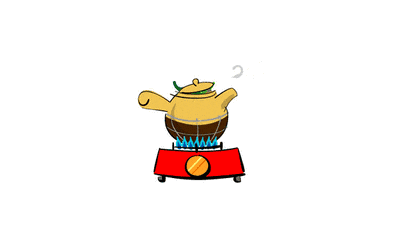
 Temperature of Medication
Temperature of Medication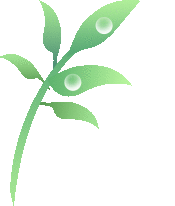
TCM decoctions are generally best taken warm to avoid stimulating the stomach or causing vomiting or discomfort, especially for herbs treating stomach ailments, which should never be taken cold. Most TCM herbs (including granule preparations) should be consumed while hot. If the decoction has been refrigerated, it should be heated before consumption.
Hot consumption: refers to taking the decoction immediately after it has been prepared.
Warm consumption: refers to allowing the decoction or the water used to prepare it to cool slightly before taking.
Cold consumption: refers to taking the decoction after it has cooled down.
Patients should follow medical advice regarding the temperature of the decoction and must not change it on their own.
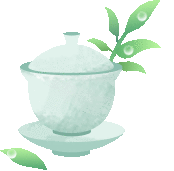
 Post-Medication Care
Post-Medication Care
After taking medication, one should observe for any adverse reactions. For instance, after taking exterior-releasing herbs, the patient should drink some hot porridge or hot drinks to assist the efficacy of the herbs; after taking emetic herbs, one should observe the nature, quantity, and frequency of vomiting; after taking laxatives, one should monitor the frequency and nature of diarrhea; after taking stone-dissolving decoctions, one should observe urination and check for any stones passed; after taking diuretic herbs, the patient should observe for diarrhea, abdominal pain, nausea, or vomiting as adverse reactions.
For patients using both TCM and Western medicine, attention should be paid to the methods and intervals of taking both types of medication. It is also important to consider the impact of food on the efficacy of the herbs. TCM has long held the belief that “food and medicine share the same source”; certain foods are medicinal and can be both consumed and used as medicine, such as jujube (Da Zao), lotus seeds (Lian Zi), longan (Long Yan), lily bulbs (Bai He), Chinese yam (Shan Yao), red beans (Chi Xiao Dou), kelp (Hai Dai), soft-shelled turtle (Jia Yu), mulberries (Sang Shen), black sesame (Hei Zhi Ma), and honey (Feng Mi). If the properties of the food are contrary to those of the herbs, the food may reduce the efficacy of the medication. For example, when treating heat conditions with cold herbs, cold foods should be chosen to align with the disease and the properties of the herbs; similarly, when treating cold conditions with warm herbs, warm foods should be selected. This way, the treatment effect can be enhanced to a certain extent. Conversely, it may reduce the effectiveness of the medication.

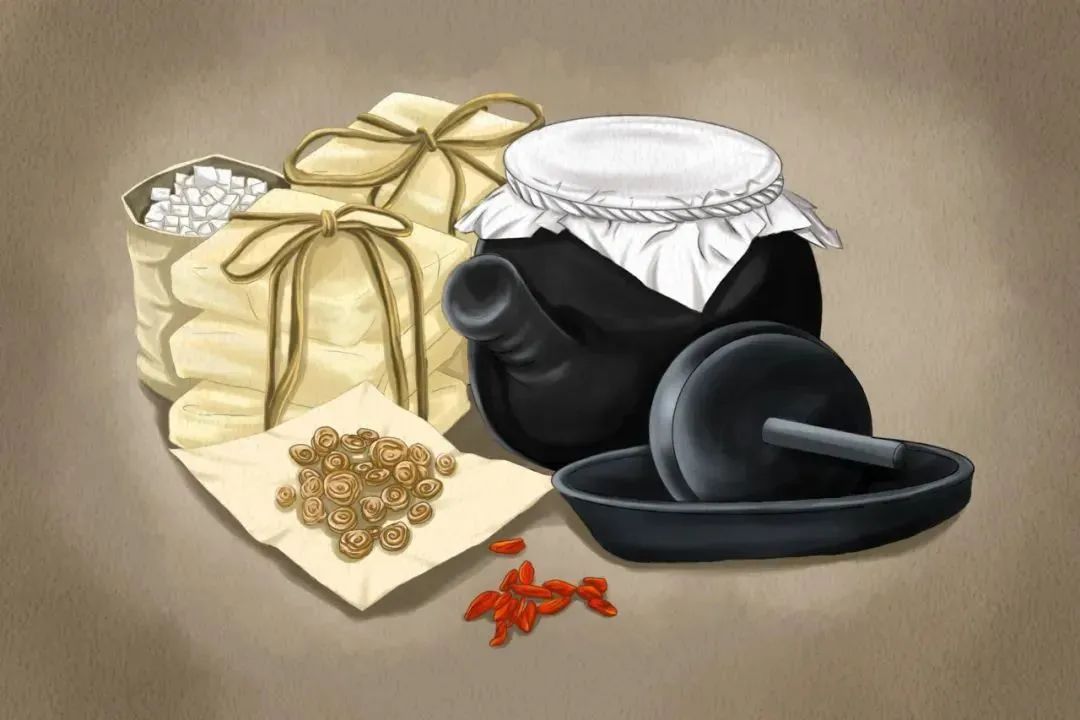
Precautions
1. When taking TCM, avoid raw, cold, and greasy foods, as these can affect the absorption of the spleen and stomach, leading to absorption issues and reducing the efficacy of the medication. Additionally, during the period of taking TCM, it is advisable to avoid seafood, as these are considered to be “stirring” foods that contain a large amount of foreign proteins, which may lead to vomiting, skin allergies, and other adverse reactions.
2. Avoid drinking strong tea and coffee while taking TCM, as the tannins in tea and caffeine in coffee can easily react chemically with TCM, potentially affecting the body’s absorption of the herbal components.
3. Do not consume multiple foods that disperse Qi, such as radishes, hawthorn, and winter melon, while taking TCM, as these foods have a resolving effect and may render the medication ineffective.
 ENDSource: Internet
ENDSource: Internet

